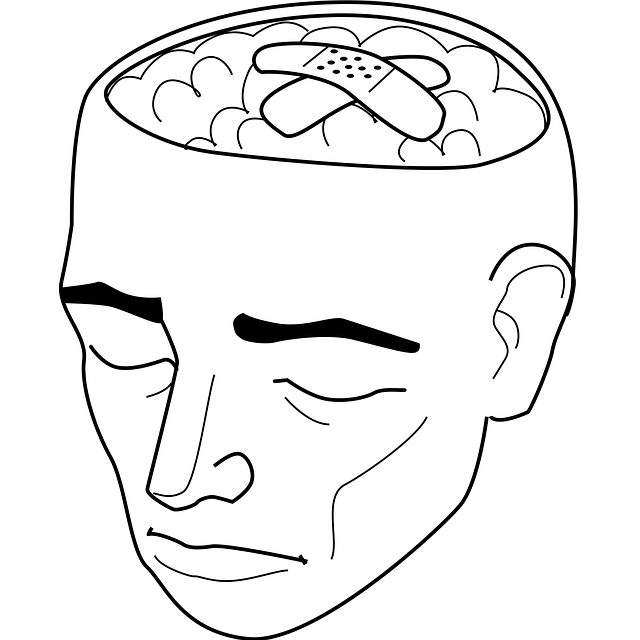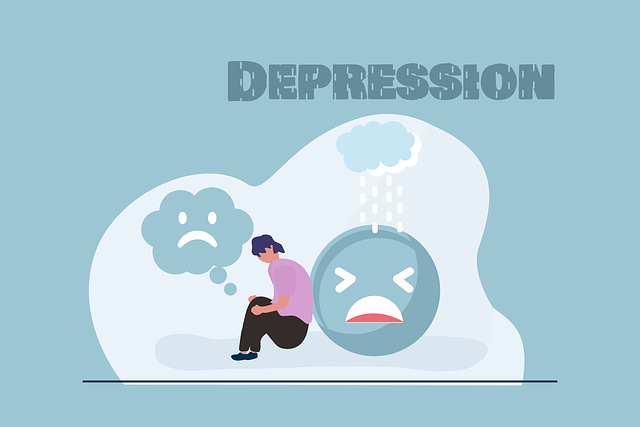The pervasive stigma around mental illness hinders access to support and treatment. To combat this, initiatives like Parker Psychological Testing Therapy (PPTT) challenge societal norms through open conversations, education, and personalized psychological assessments. PPTT combines evidence-based testing with therapeutic interventions to empower individuals, improve understanding of mental health conditions, and foster a culture of Mental Health Awareness. Multifaceted strategies involving public health initiatives, educational programs, and integrated Parker Psychological Testing can effectively reduce stigma, tailor treatment plans, and create inclusive environments.
Mental illness stigma remains a significant barrier to treatment and recovery. This article explores efforts to reduce this harmful societal construct, focusing on its detrimental effects and emphasizing the importance of understanding mental health as a medical condition. We delve into innovative approaches like Parker Psychological Testing Therapy, which challenges stigma through evidence-based assessments and personalized treatment plans. Additionally, we present effective advocacy strategies for continued progress in breaking down mental illness stigma.
- Understanding Mental Illness Stigma: The Need for Reduction
- Parker Psychological Testing Therapy: A Tool for Challenging Stigma
- Effective Strategies for Continued Stigma Reduction in Mental Health Advocacy
Understanding Mental Illness Stigma: The Need for Reduction

Stigma surrounding mental illness is a pervasive issue that can have devastating impacts on individuals and communities alike. It often manifests as negative attitudes, stereotypes, and discrimination, creating a culture where those struggling with mental health issues feel isolated and ashamed. This stigma can deter people from seeking much-needed support, hindering their ability to access treatment and recover.
Reducing the stigma associated with mental illness is an essential step towards fostering understanding and empathy. It involves challenging societal norms, promoting open conversations, and educating the public about the realities of mental health challenges. By utilizing resources like Parker Psychological Testing Therapy and Trauma Support Services, we can facilitate depression prevention and risk assessment for mental health professionals. These efforts collectively contribute to creating a more supportive environment where individuals feel empowered to discuss their struggles openly without fear of judgment, ultimately leading to better access to care and improved outcomes.
Parker Psychological Testing Therapy: A Tool for Challenging Stigma

The Parker Psychological Testing Therapy (PPTT) is a powerful tool in the ongoing battle against mental illness stigma. By utilizing evidence-based assessments and therapeutic techniques, PTTT aims to challenge stereotypes and promote understanding. This approach goes beyond traditional therapy by incorporating comprehensive psychological testing that provides deeper insights into an individual’s cognitive functions, emotions, and behaviors.
Through these detailed evaluations, mental health professionals can offer tailored interventions, such as Social Skills Training or Mindfulness Meditation, which have been proven effective in improving mental health outcomes. By empowering individuals with knowledge about their unique mental landscape, PTTT encourages self-acceptance and fosters a culture of Mental Health Awareness, ultimately contributing to the reduction of stigma surrounding these essential aspects of overall well-being.
Effective Strategies for Continued Stigma Reduction in Mental Health Advocacy

Mental illness stigma reduction is an ongoing process that requires multifaceted approaches. One effective strategy is the integration of Parker Psychological Testing and therapy into public health initiatives. By utilizing evidence-based psychological assessments, professionals can offer personalized treatment plans, fostering individual healing and resilience. This tailored approach helps dispel myths and misconceptions surrounding mental health conditions, as it demonstrates the nuanced nature of these issues.
Moreover, public awareness campaigns development plays a pivotal role in stigma reduction. Educational programs that highlight emotional healing processes and the impact of mental illness on individuals and communities can foster empathy and understanding. Engaging diverse voices and sharing personal stories can break down barriers and encourage open conversations. This collective effort ensures that mental health advocacy moves beyond mere awareness, promoting inclusive practices and supportive environments for all.
Mental illness stigma reduction is a multifaceted process that requires continuous efforts from individuals, communities, and professionals. By understanding the root causes and impacts of stigma, utilizing tools like Parker Psychological Testing Therapy to challenge misperceptions, and adopting effective strategies in mental health advocacy, we can foster a more inclusive society. These combined approaches are crucial in promoting mental well-being and ensuring support for those facing mental health challenges.














